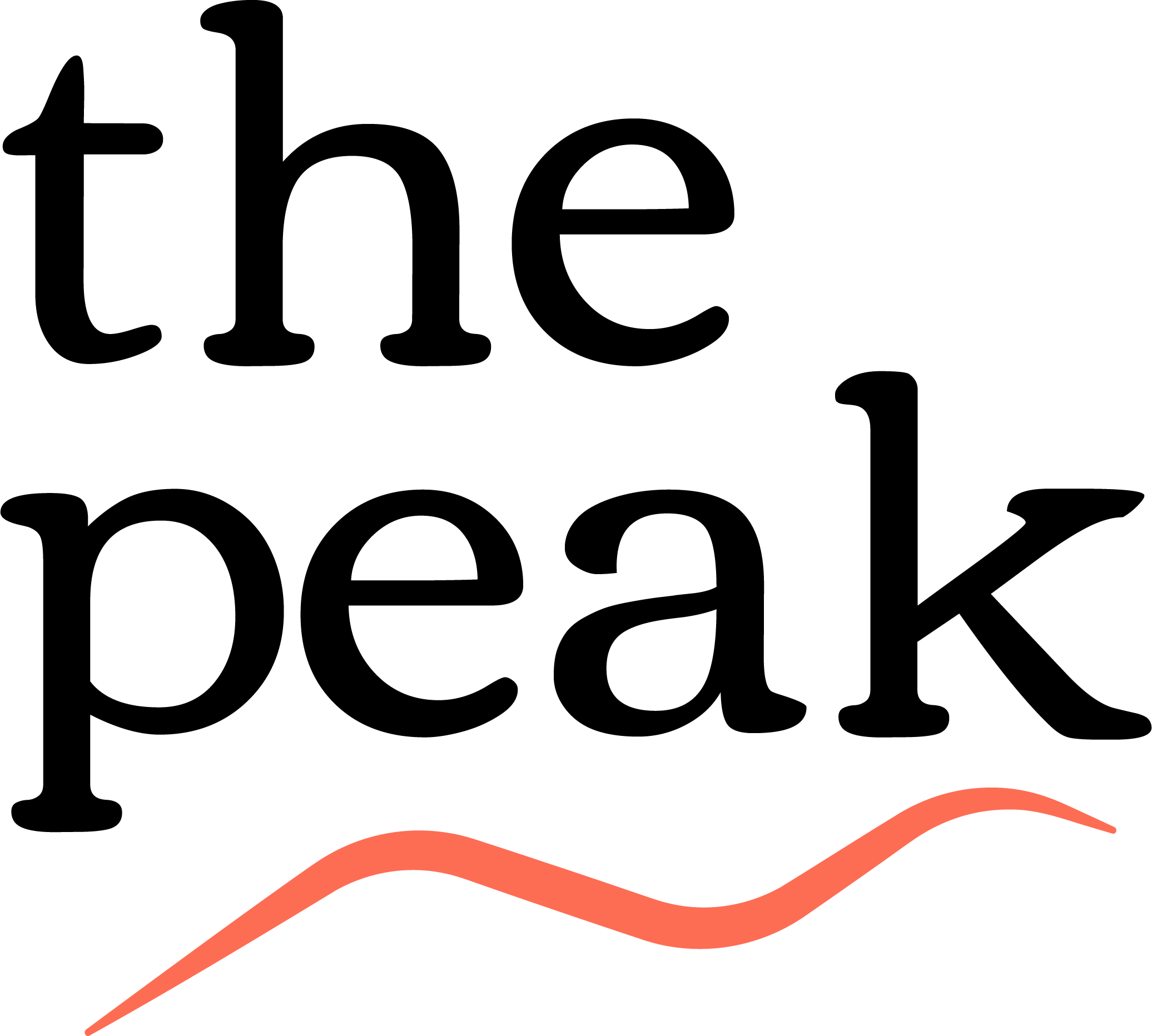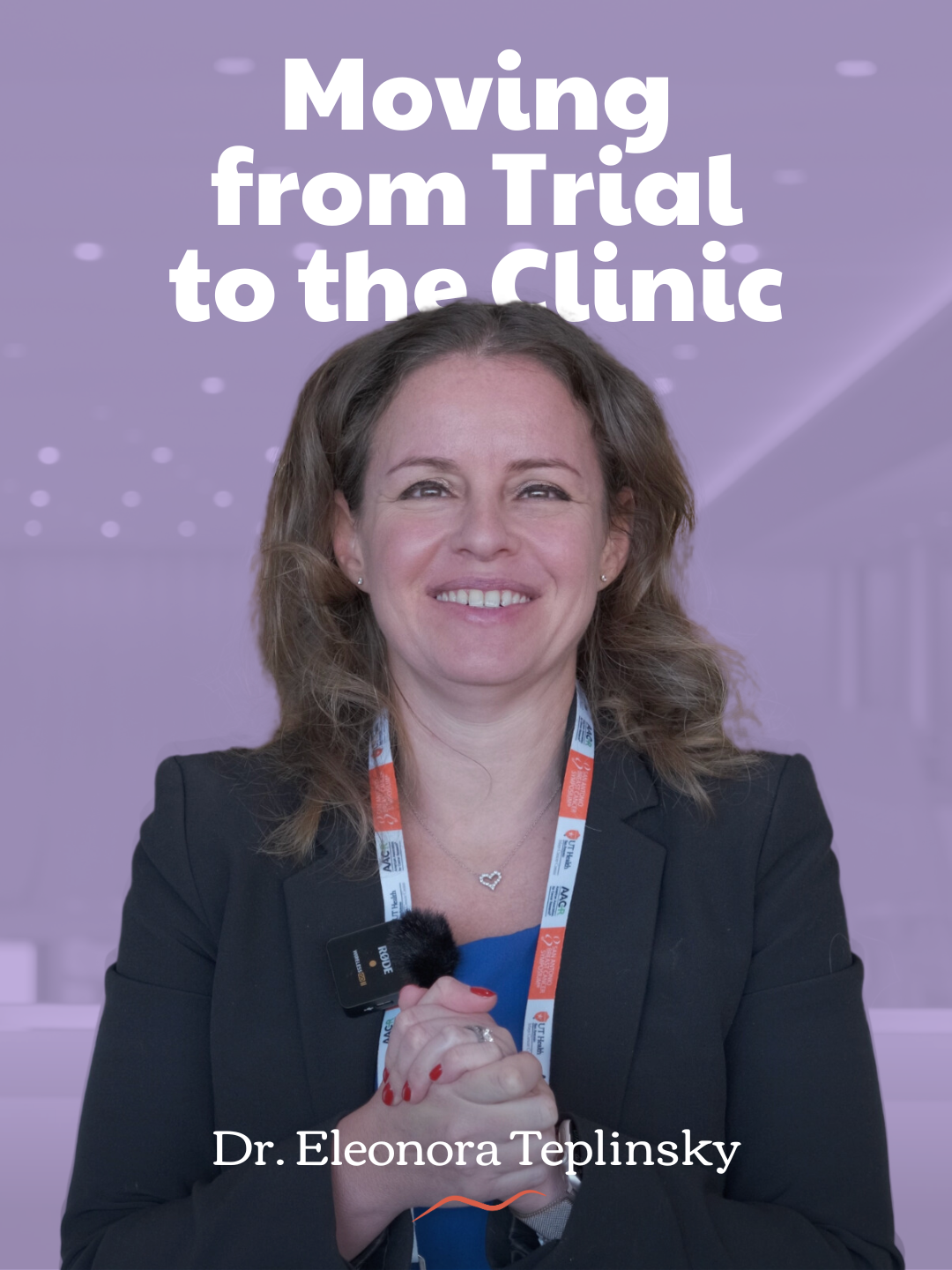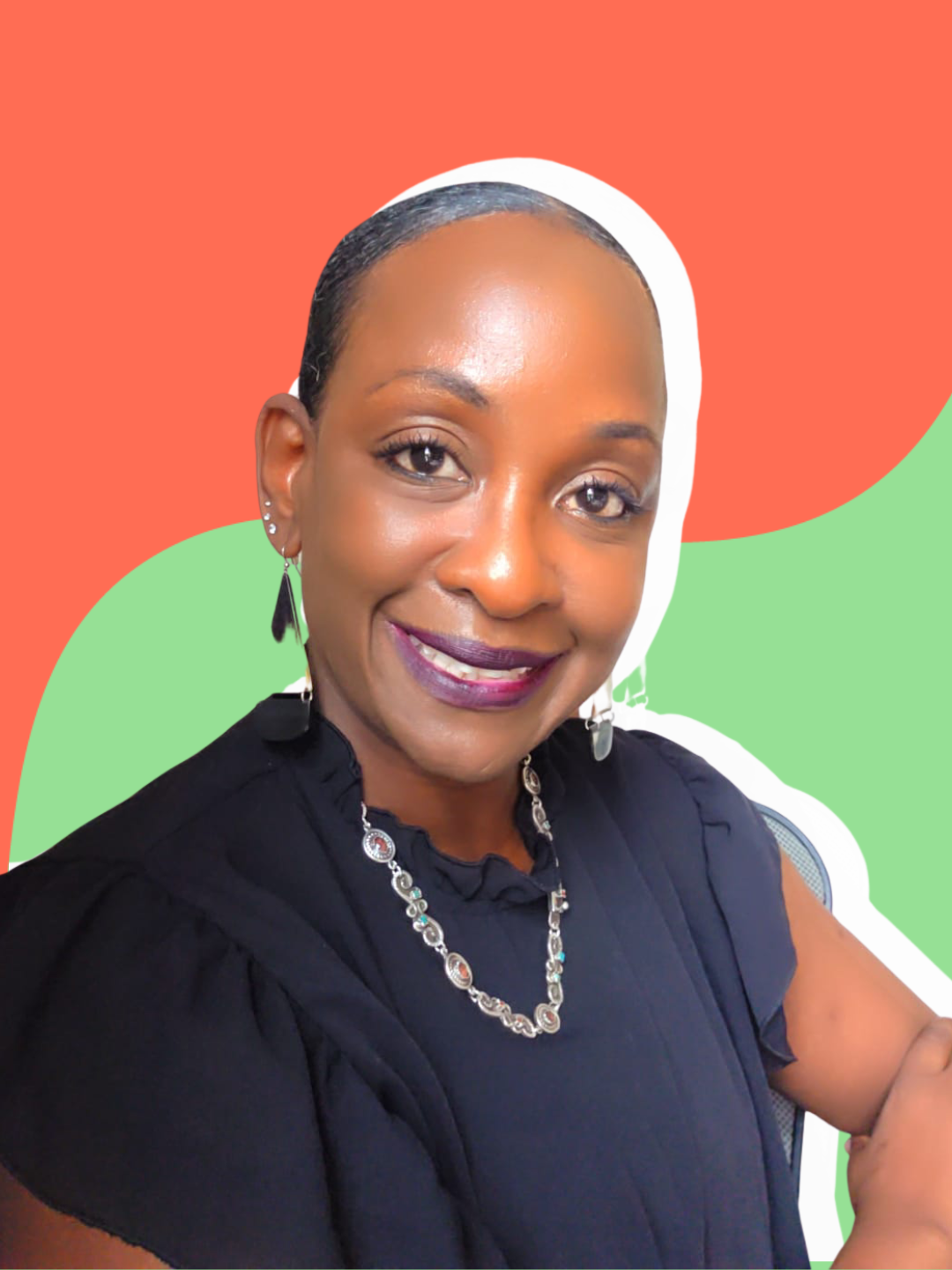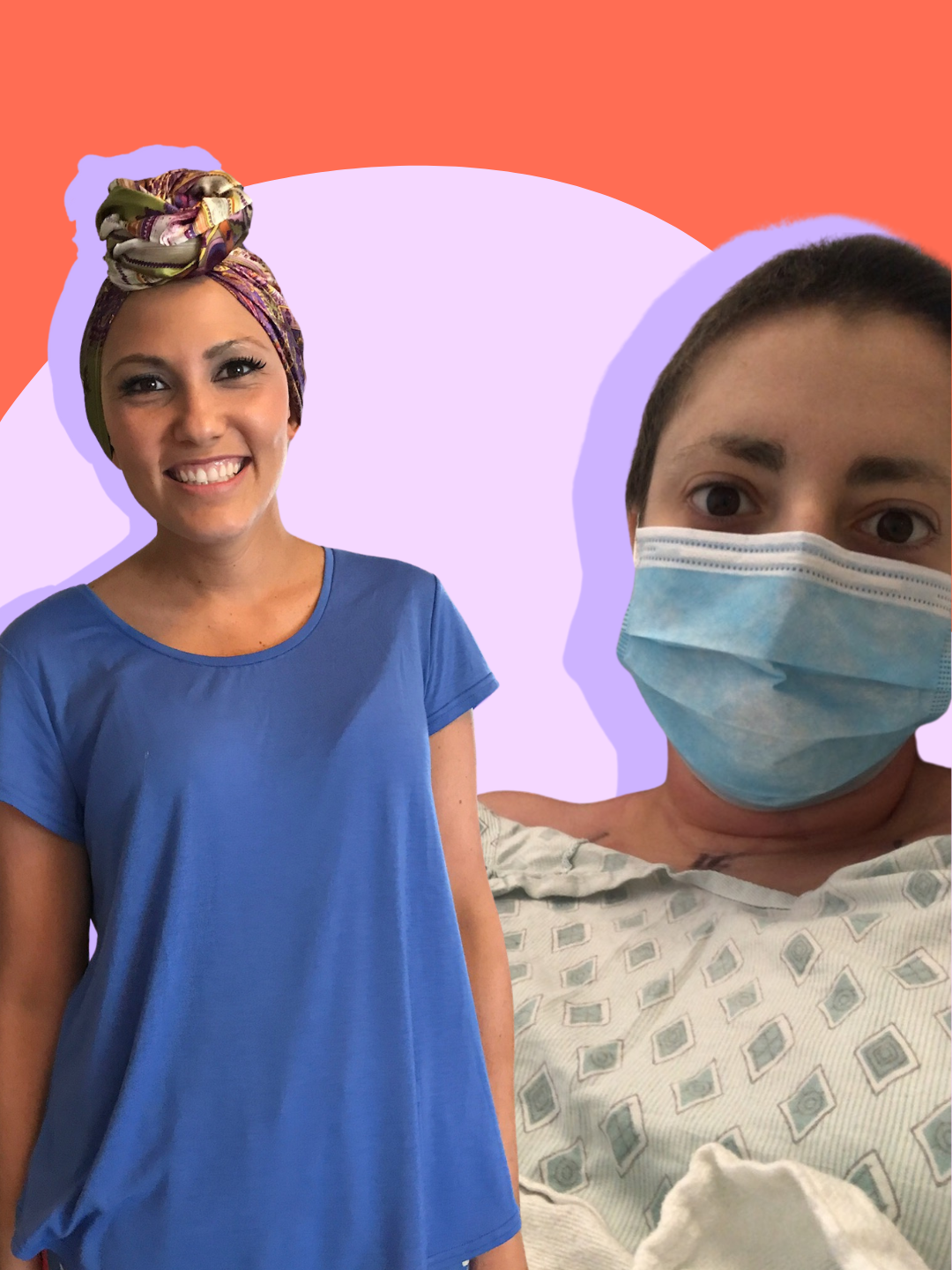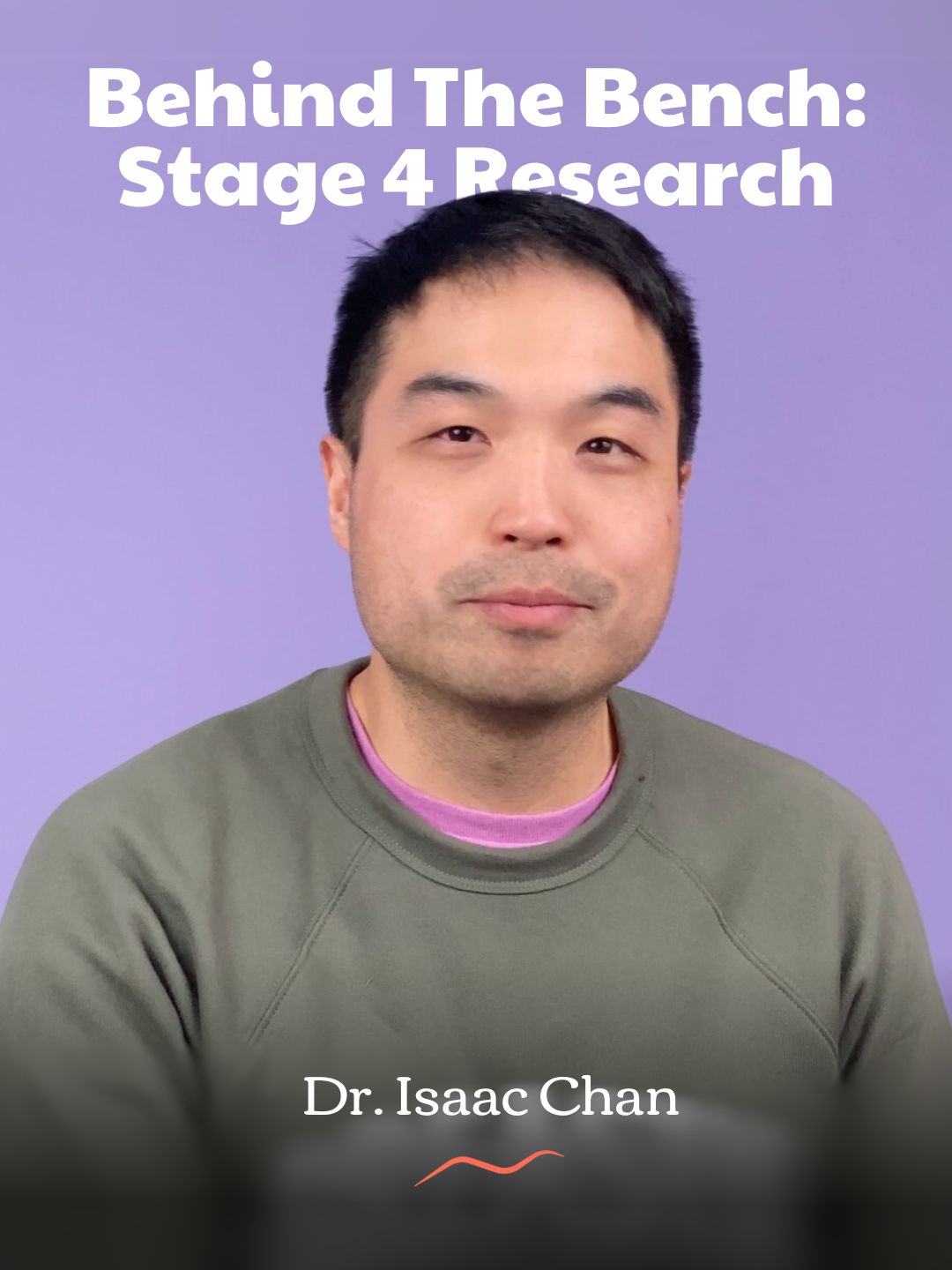Every year, over 10,000 physicians, researchers, and patient advocates gather in-person or online for the San Antonio Breast Cancer Symposium (SABCS) in early December, where the latest in breast cancer research is expected to be shared.
Dr. Eleonora Teplinsky, a board-certified medical oncologist specializing in breast and gynecologic cancers and a focus on cancer risk reduction and healthy living, joined The Peak to share some of her highlights from the 2024 edition while shedding light on what it takes for high-level research to be applied in the clinic. She also shared a sneak peek into her recently-announced book, BEYOND THE PINK.
This interview has been edited for clarity and length.
The Need for Resources for Younger Population
The Peak: Can you tell us about your upcoming book?
Dr Eleonora Teplinksy: I am going to be writing a book which is a patient-centered guide to the mental and physical challenges and concerns faced by younger breast cancer previvors, survivors, and stage 4 thrivers. It's an all-inclusive guide for that younger population, where often information is lacking, and I'm thrilled to have this opportunity.
TP: Why did you feel like information is lacking specifically for the younger breast cancer population?
ET: That's one of the themes we've been seeing this week at the San Antonio Breast Cancer Symposium (SABCS). When we think about the science, a lot of the studies don't include younger women. Some of them require age 40 as a cutoff for enrollment, meaning you have to be older than 40. Some don't have that cutoff, but the average age is 65, 63, and that's not wrong, because that is the average age of breast cancer.
What we're seeing is a rise in breast cancer in the younger population, and this is a population that faces unique concerns [around] topics like sexual health and mental health, parenting, fertility, relationships, financial concerns.
There really isn't a comprehensive resource focused on that. All of the books on the market now really don't cater to that population. In the book, we'll have patient stories, we'll have interviews with cancer experts, we'll have evidence-based information.
While social media is amazing and is such a form of community, there's a lot of misinformation, there are a lot of miracle cures, and a lot of toxic positivity at times, so there's a need to put this resource out in the world. I really hope that this is something that will help people thrive during and after cancer.
How Research Informs Care
TP: We have seen research presented at SABCS in which patients under 40 are often excluded or are underrepresented. How does this information then impact how a physician will determine the best course of action for their care?
ET: One of the challenges [we face] in general is: How do we take information presented at a congress, at a meeting, and decide what to do with this come Monday morning? As a patient how do you say, “Is this study applicable to me?”
There are a number of factors that we look at. One is: how robust was the study? Was it a small study—50 patients—or was it 500 or 5,000 patients? What phase is the study in? Is it phase one, those first in human trials? That's exciting and maybe a promise for the future, but not for Monday. Or is it phase three, which is typically a randomized controlled trial, where you have two groups that are randomized to one intervention or another? That's going to be a more scientifically robust study.
But then, you take that data and look at the patient population. What's the average age of the people in that study? What tumor characteristics did they have? Is it a new drug without FDA approval? That's also going to be a barrier. Then you start to figure out: does my situation or do my tumor characteristics fit with the population studied?
Sometimes it's not clear. A big part of it also depends on what's being presented.
For a patient, my advice is always to take that information, bring it to your medical team, and say, “I saw this. It seems interesting. Does it apply to me? Can we talk about it? Should it change or will it change what I'm doing for my disease?”
TP: Is there anything that you've learned over the past few days at the Symposium that you think you’ll take back to your clinic on Monday?
ET: Oh my gosh, so much.
One [theme that there is] a lot of excitement around is SERDs, Selective Estrogen Receptor Degraders. They work differently than aromatase inhibitors where aromatase inhibitors block estrogen production. SERDs actually degrade the estrogen receptor.
We saw an amazing study yesterday that was published in the New England Journal of Medicine about Imlunestrant, which is a novel oral SERD in metastatic hormone receptor-positive, HER2-negative breast cancer. Because they're oral, it's a lot easier for patients. There are [also] SERDs in development for early-stage breast cancer.
There's been a lot of excitement, a lot of research on SERDs and one of the things that we need to see is if they are more effective than aromatase inhibitors. [We also want to see if they] can circumvent some of that resistance that happens, especially in metastatic disease, which some of the data we saw says they can.
Also, what about the toxicity? One of the things that we see all the time is the challenges of the toxicity of endocrine therapy and we're hopeful that as we have more data, we'll hopefully see a better toxicity profile.
Another overarching theme is antibody-drug conjugates. Those are targeting the tumor in a different way and there are a number approved already and many more in development. We've seen some data here, with more to come, but I think that is going to be a big part of not just metastatic breast cancer treatment, but hopefully early-stage.
Lastly, there's been a great session today about where we can de-escalate. Can we omit surgery for low-risk ductal carcinoma in situ (DCIS)? Can we omit radiation for DCIS? Can we omit a central lymph node biopsy for early-stage breast cancer?
Some of these studies have only followed patients for a short period of time, so we'll need a longer follow-up. But all of them, again, are [around this theme of] de-escalation and asking: Can we improve toxicity while maintaining outcomes? That's just such an important conversation because more is not always better. Some of the data we saw today says that maybe less is more and I'm interested to see how that will evolve in the coming years.
De-Escalating Treatment
TP: How do you talk to your patients about less being more?
ET: It can be one of the hardest things, right? This is why these studies are really hard to accrue to. I find in my clinic it is sometimes—not always, because it comes with more side effects—easier to add.
Pulling back is scary. There's this notion of, “What am I doing? Am I impacting [my care] negatively?” This is where it becomes a longer conversation, talking about the data, showing the data. I like to pull out the clinical trial and say, “Look, here's the graph, here's the number of patients, and here are the outcomes.”
But ultimately, it's a partnership and sometimes patients will tell me, “I see the data. I know that this study showed that this is okay to do or that less is more, but I'm not comfortable,” and that's okay.
It really is [about] that communication and making a decision that everyone feels comfortable with that is still safe and effective.
